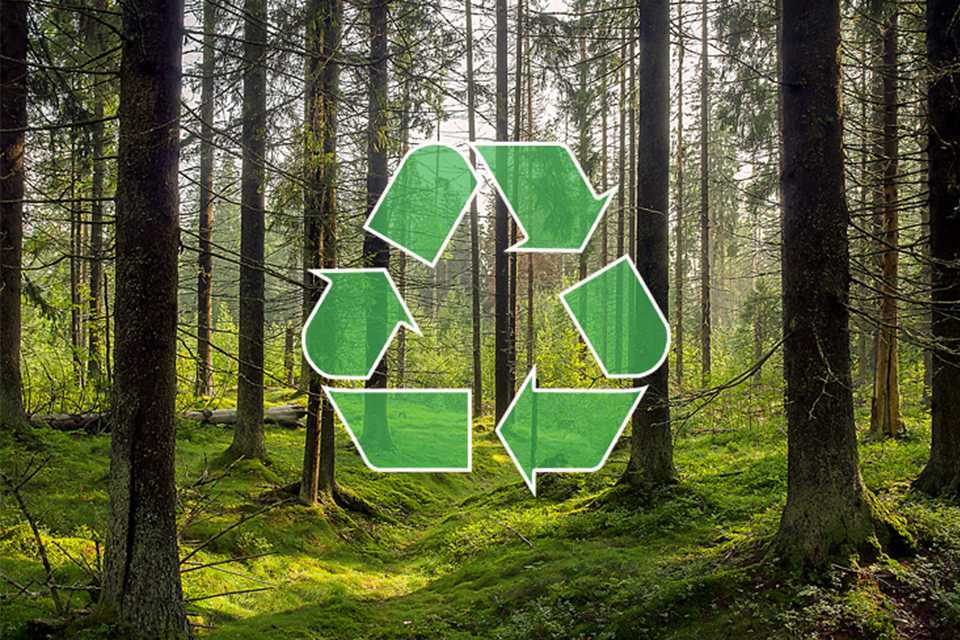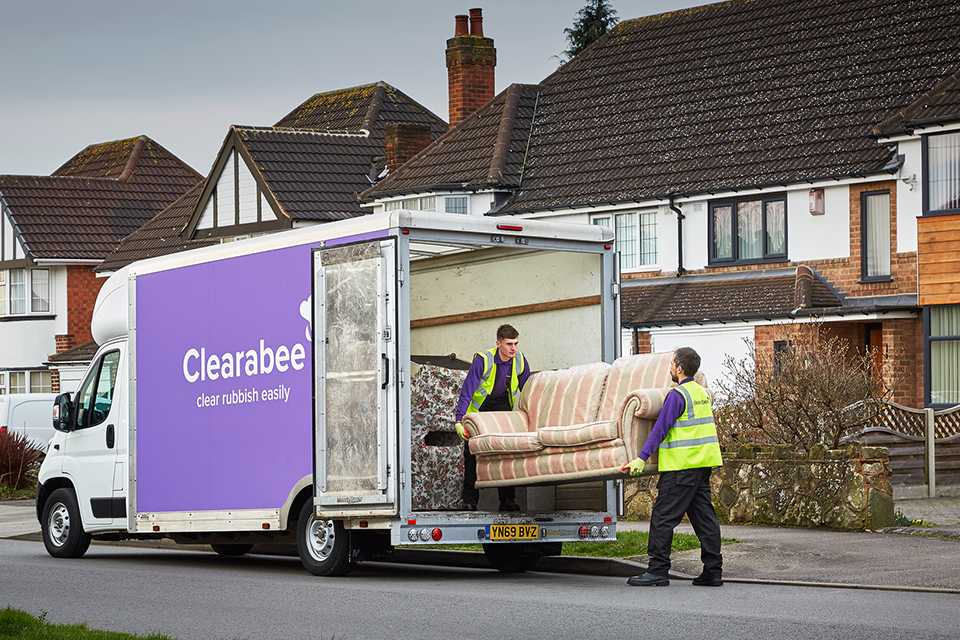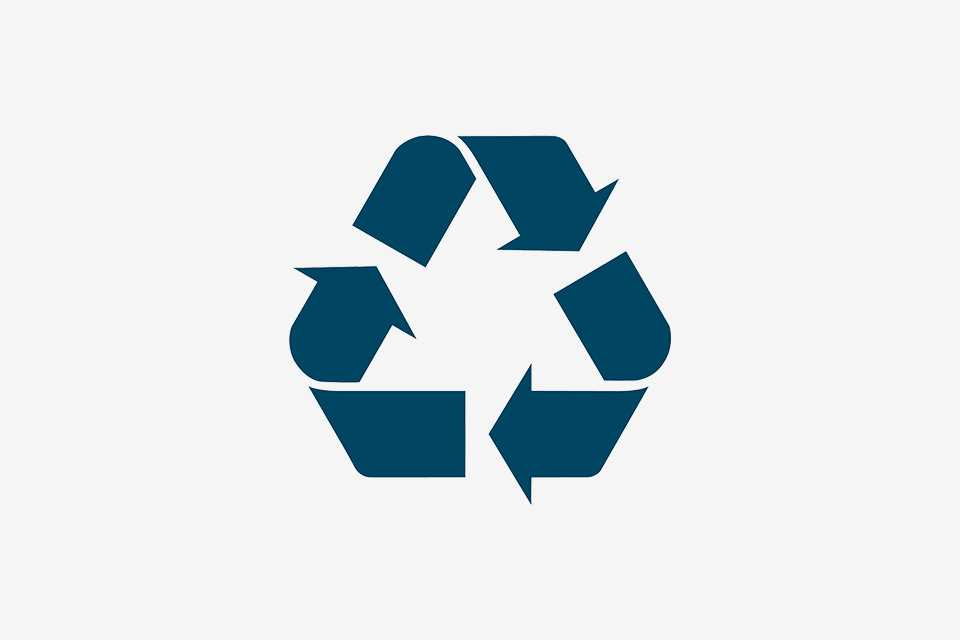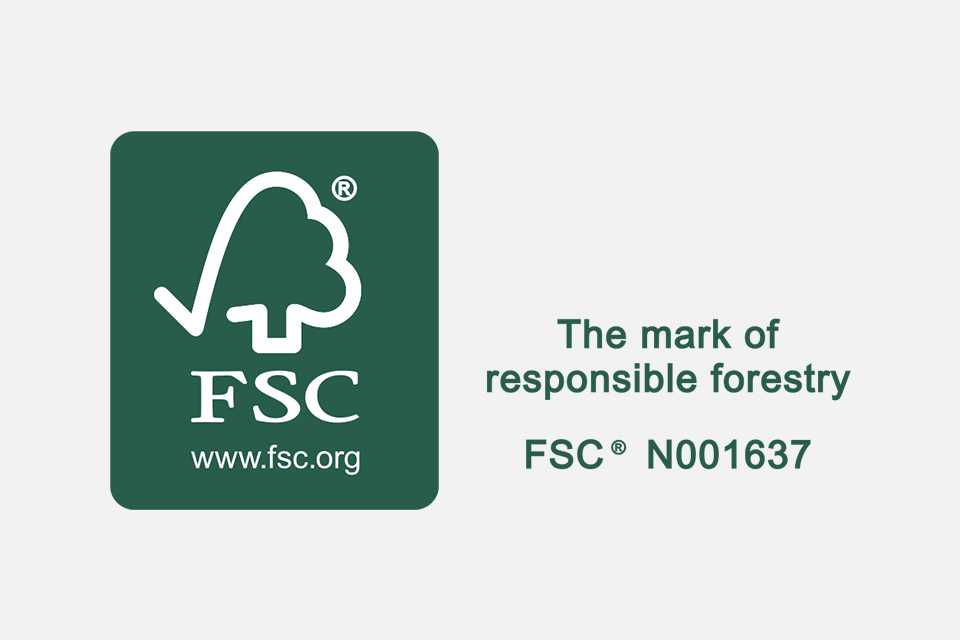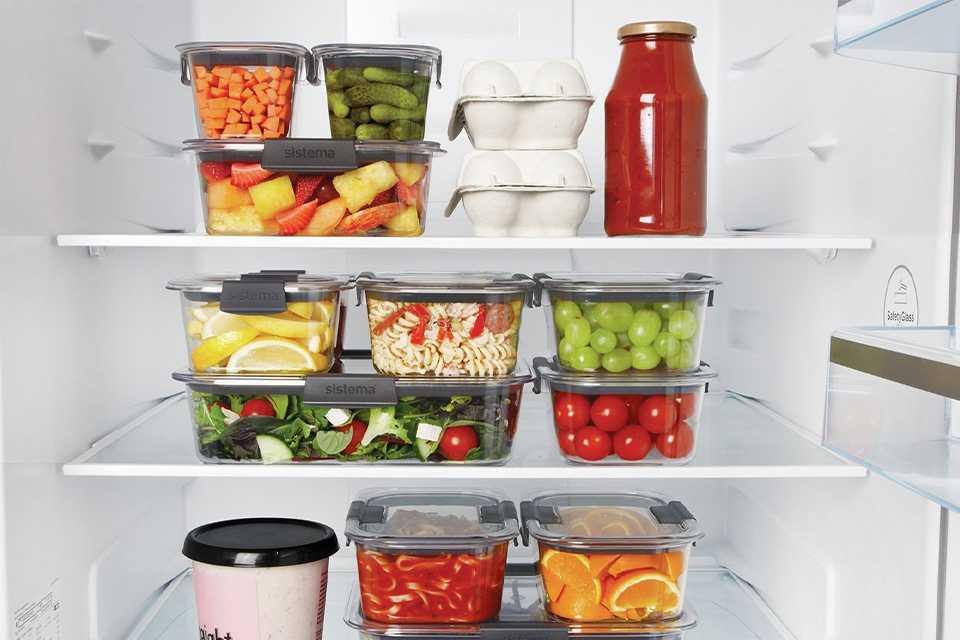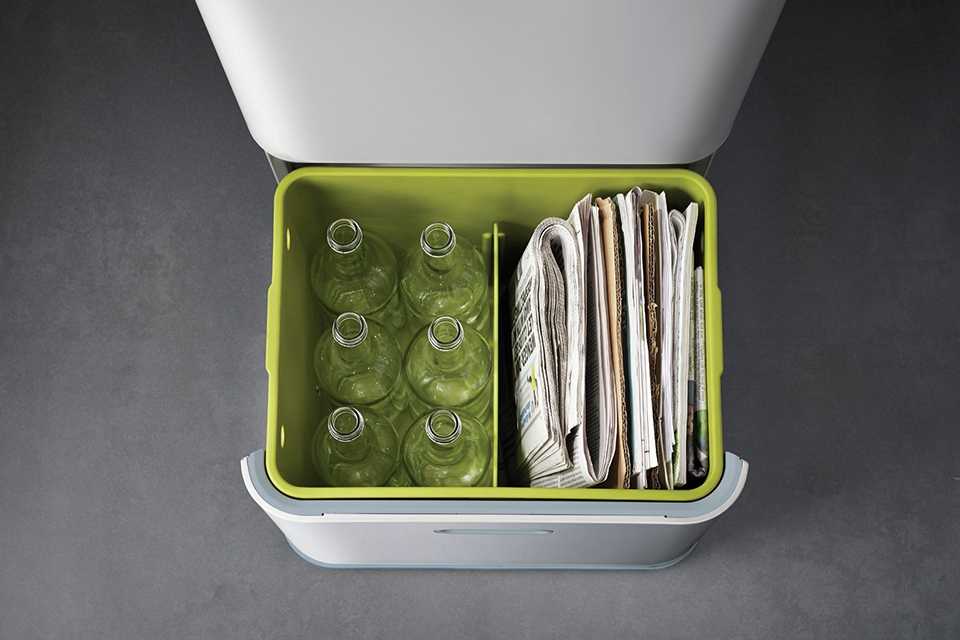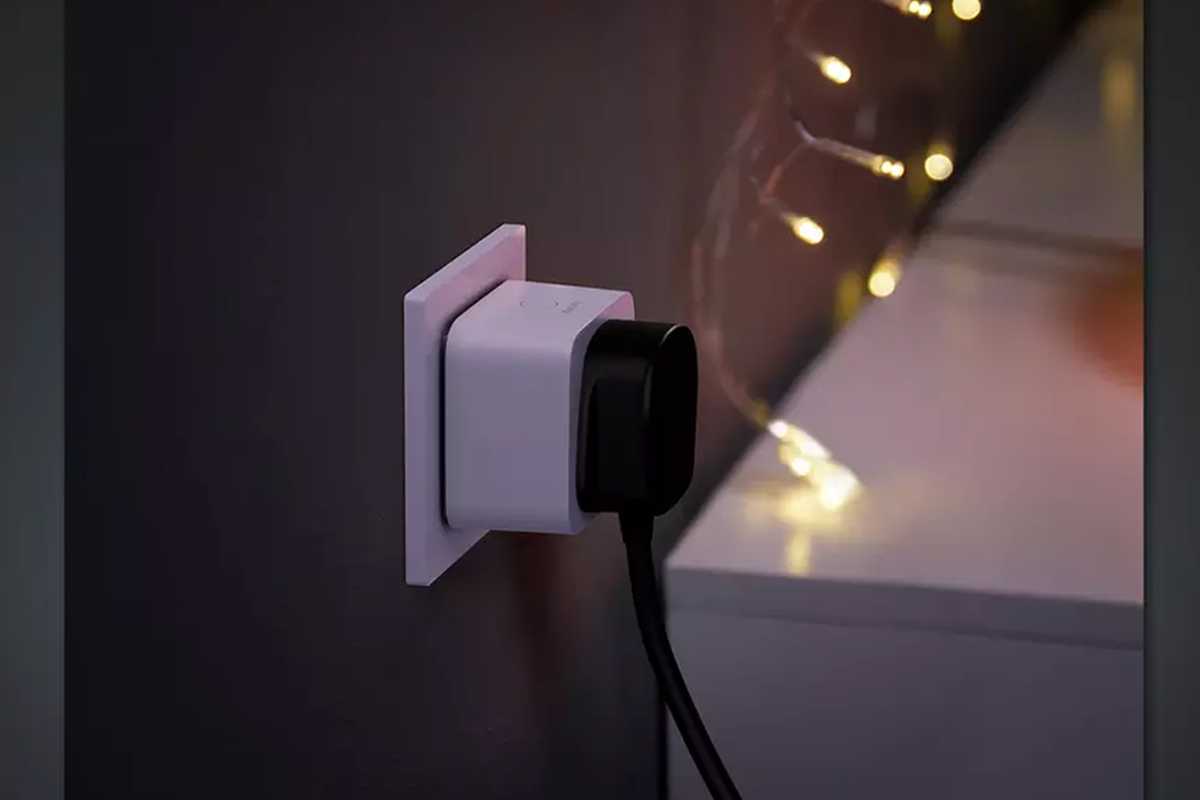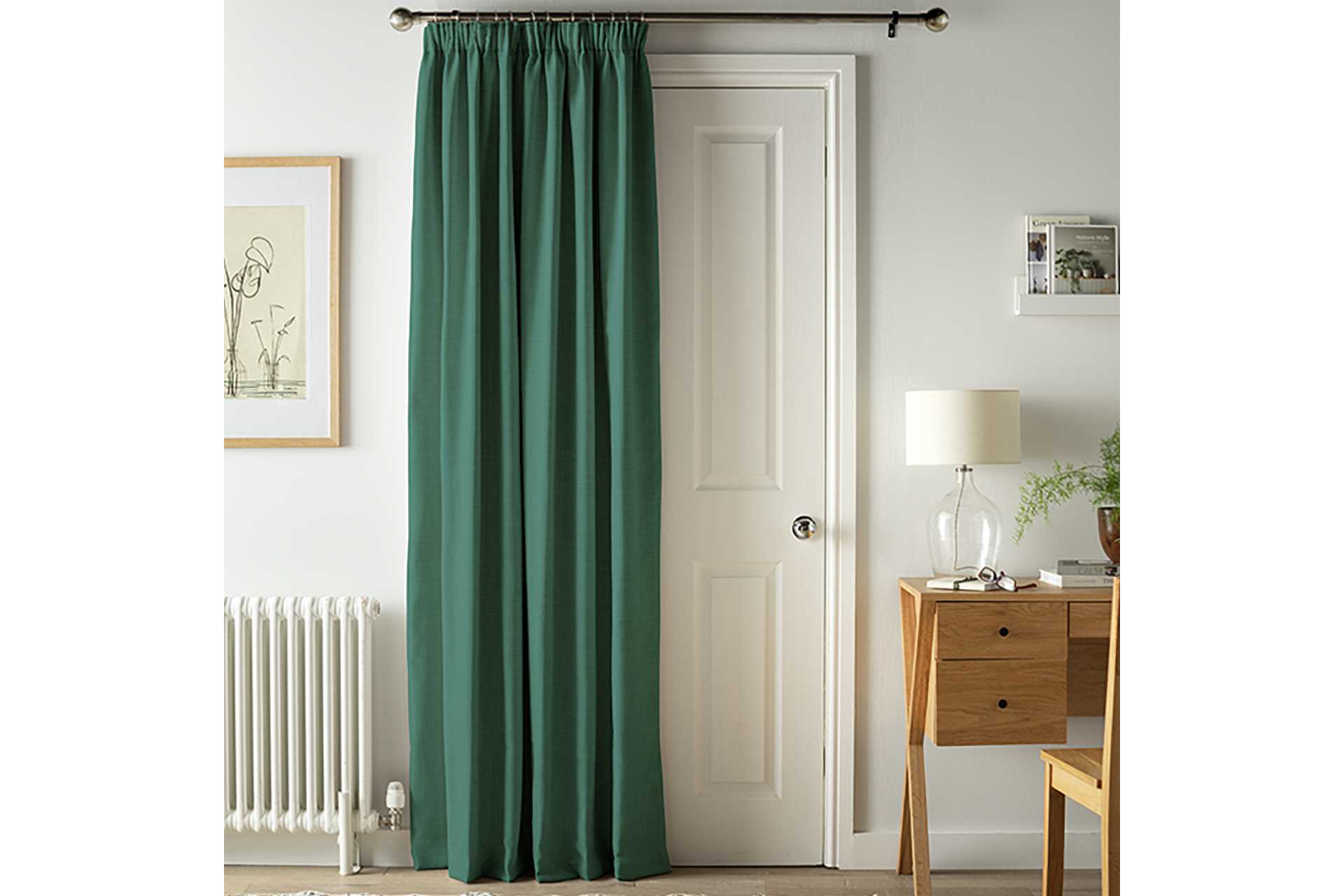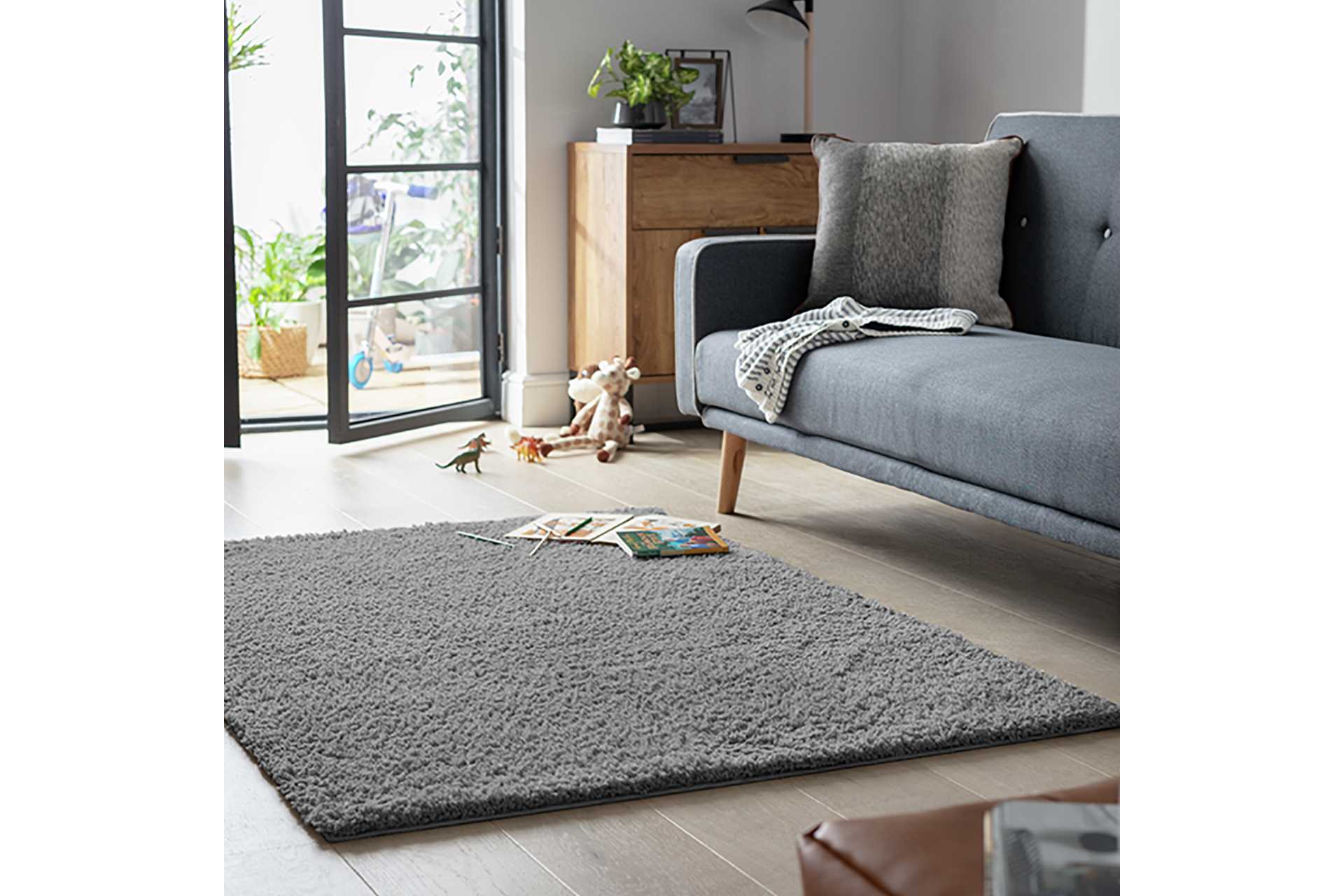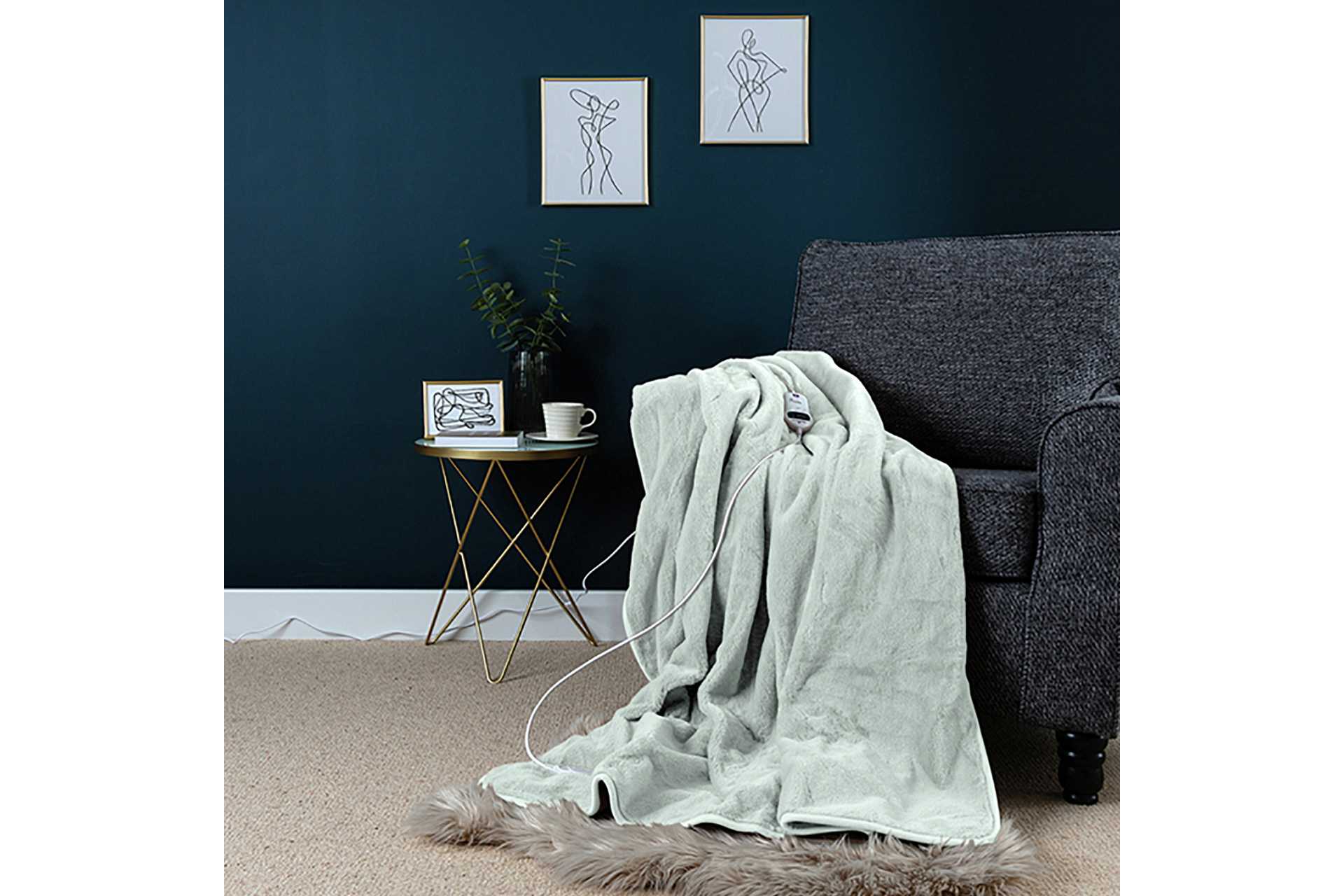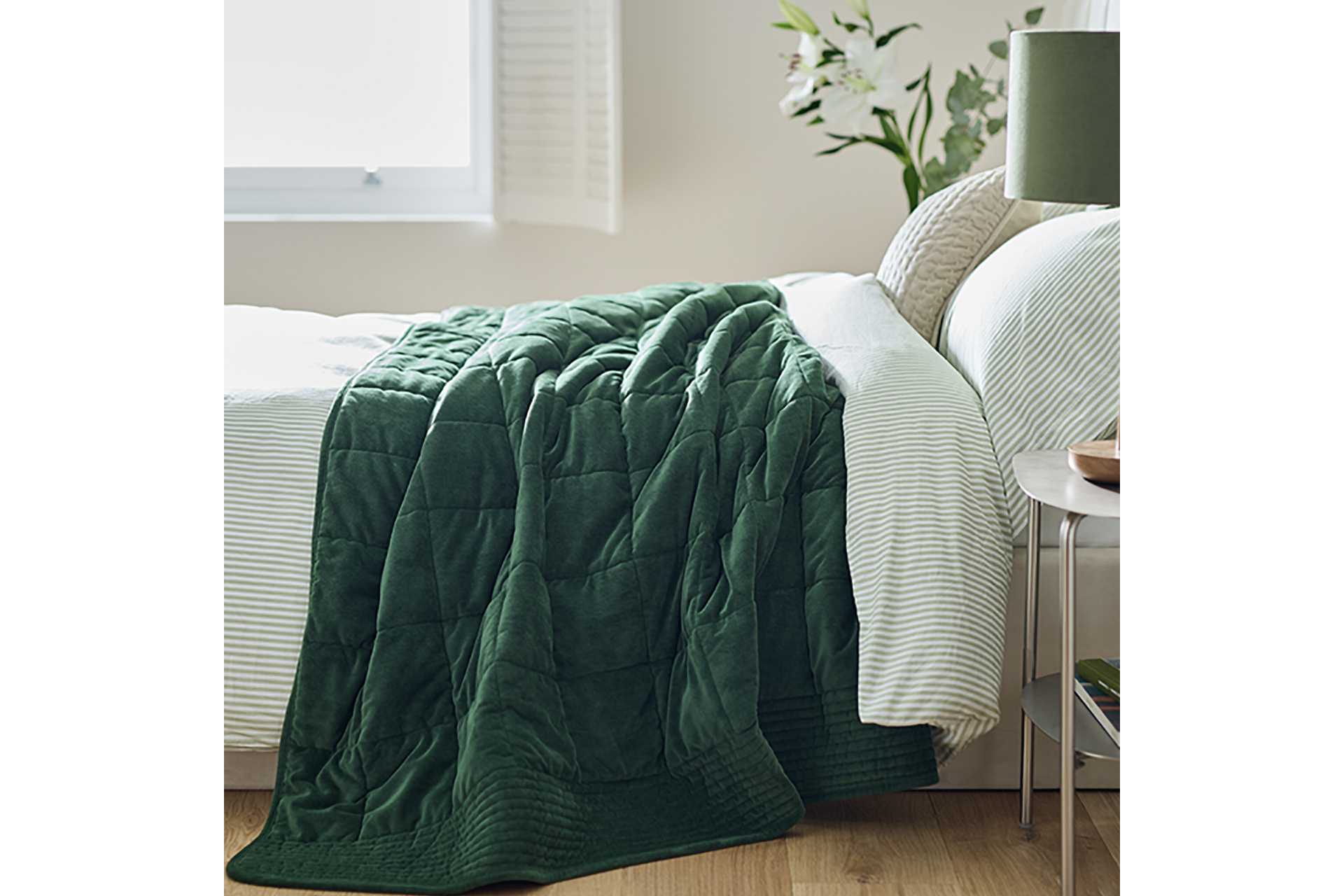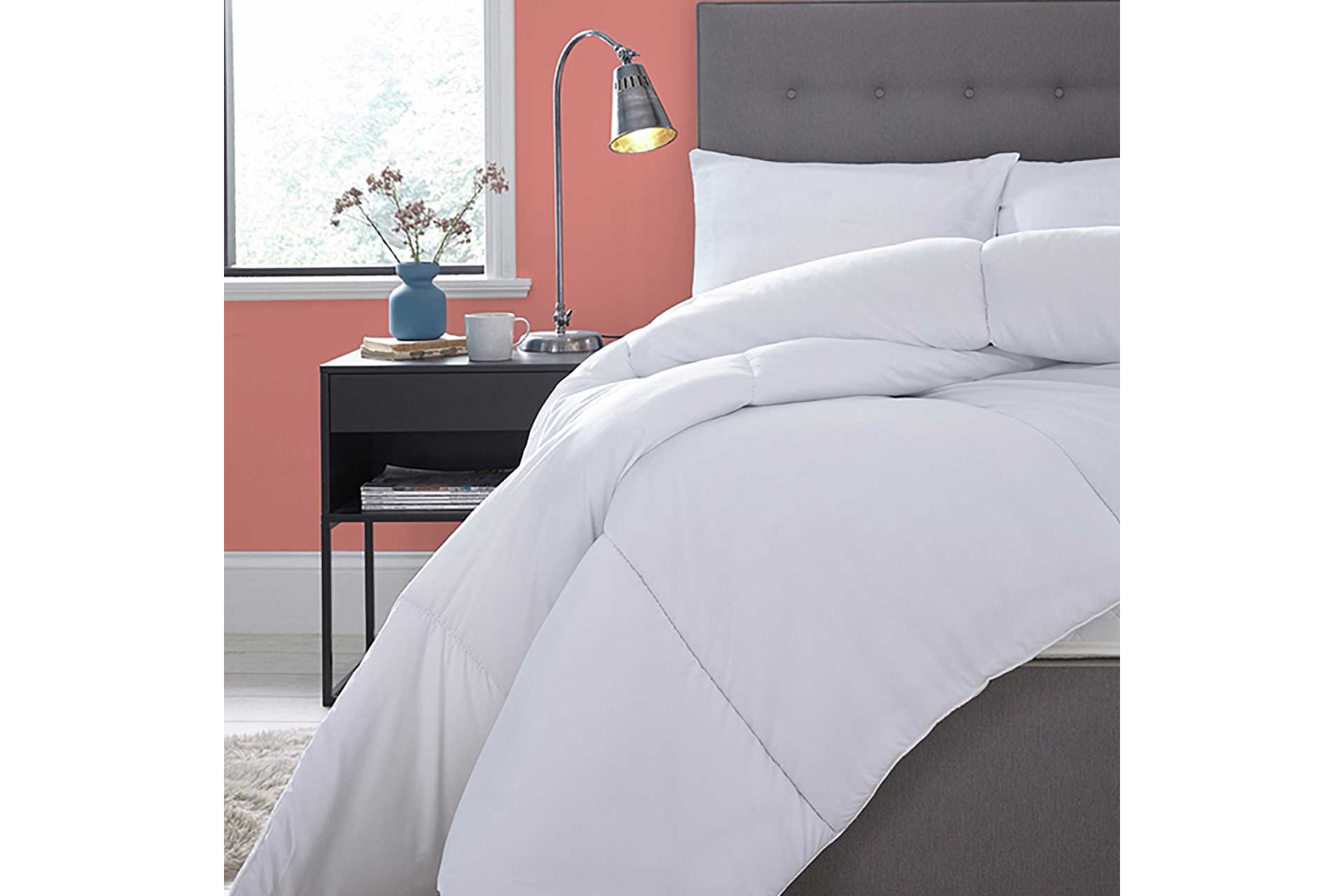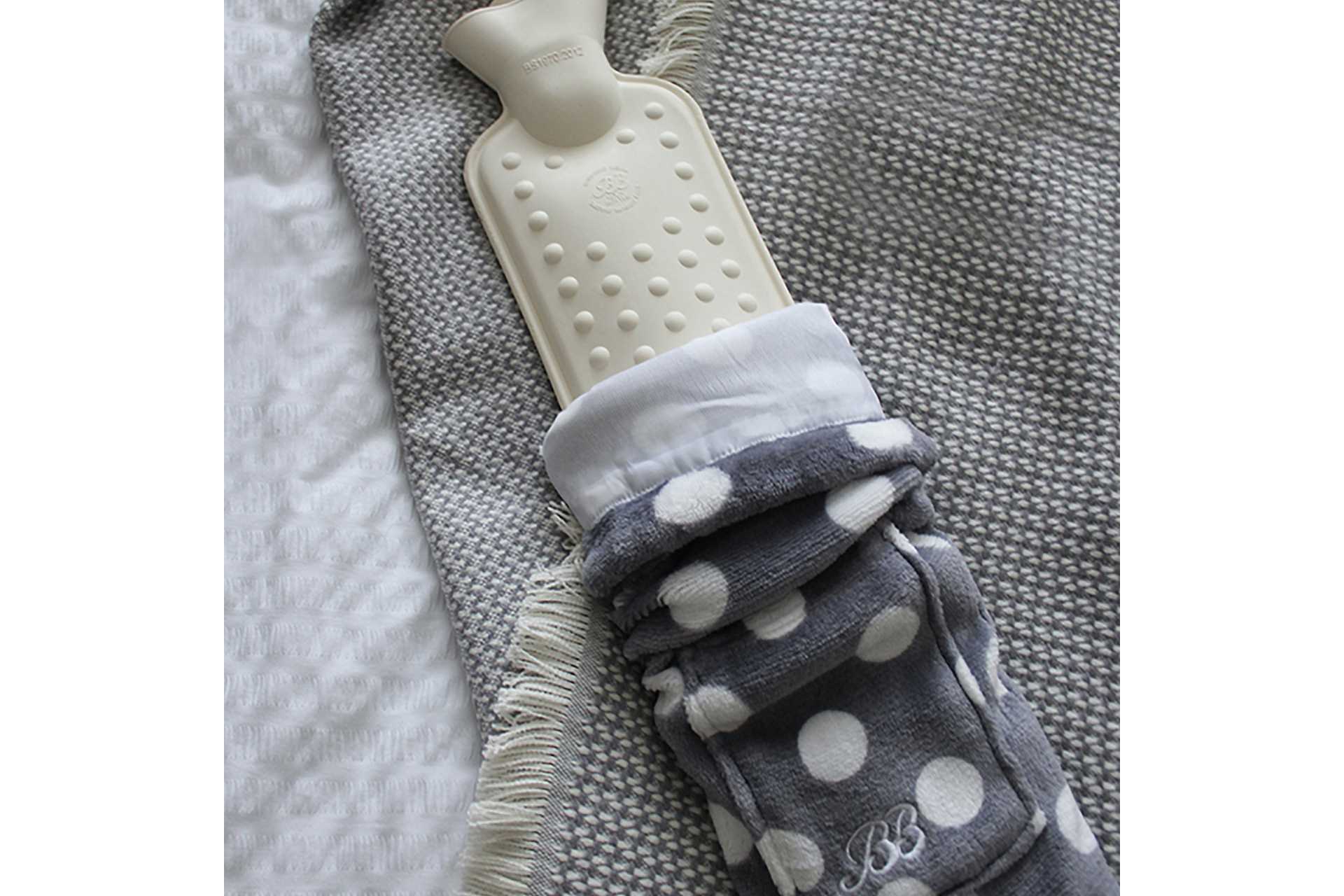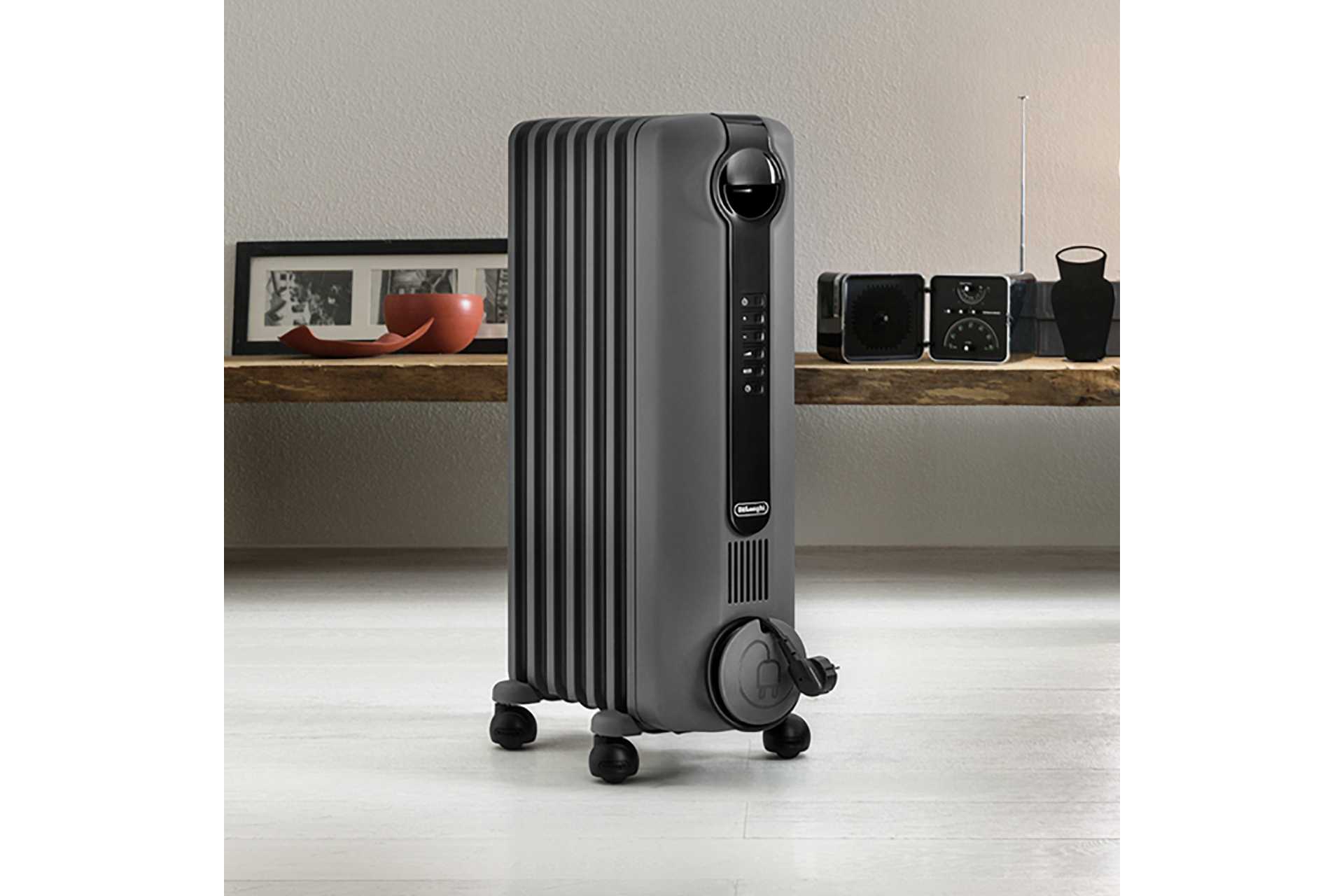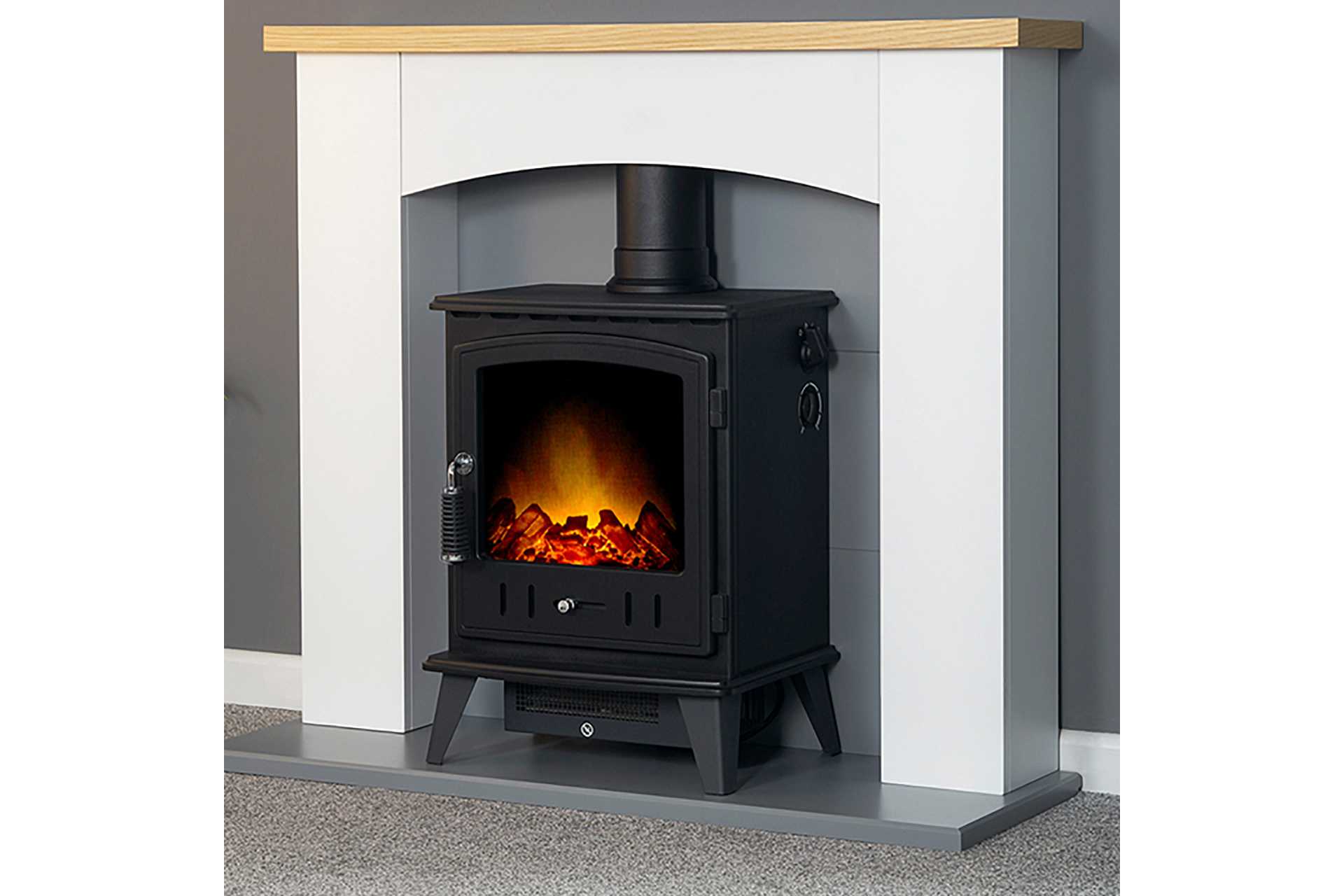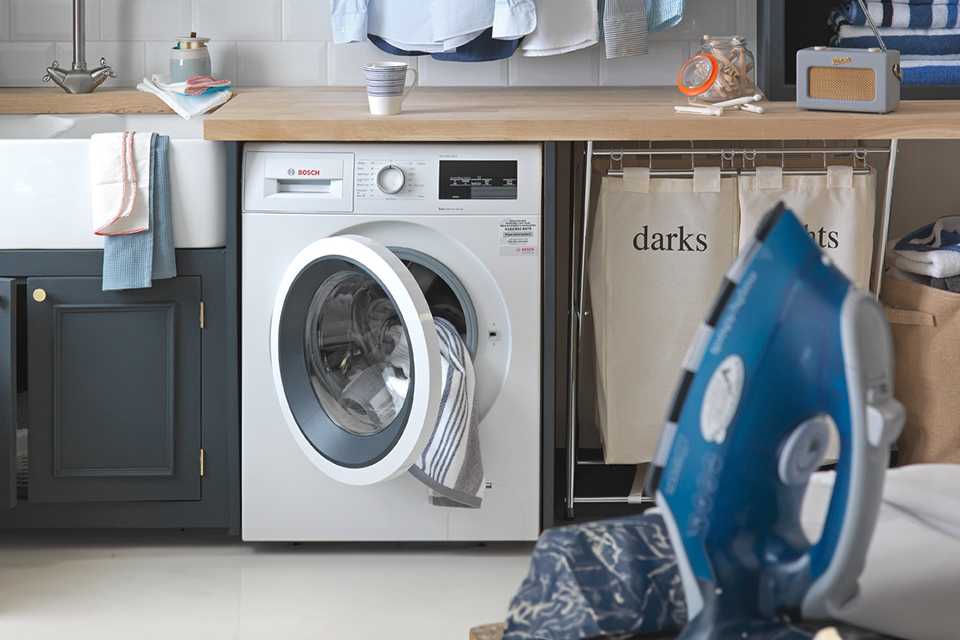Sustainable home ideas and tips
Explore eco-friendly and energy-efficient ideas and tips for a sustainable home.
&poi={$this.metadata.pointOfInterest.x},{$this.metadata.pointOfInterest.y},{$this.metadata.pointOfInterest.w},{$this.metadata.pointOfInterest.h}&scaleFit={($this.metadata.pointOfInterest.x>0)?$sfpoi:$sfcenter}&sm=aspect&aspect=3:2&sfcenter=center&sfpoi=poi&qlt=50&fmt=auto&noiser=0&fmt.jpeg.interlaced=true&fmt.jp2.qlt=40&)
Small changes can lower your carbon footprint and make sustainable living a part of your everyday lifestyle. Discover simple ways to reduce waste, save energy, and inspiration to live greener without compromising on style or convenience.
Taking action on climate change and sustainability
Carousel
Our recycling services for a sustainable home
Carousel
Sustainable materials
Timber
Look out for FSC® certified products which carry the FSC® logo. The Forest Stewardship Council® (FSC®) is a global, not-for-profit organisation dedicated to the promotion of responsible forest management. FSC® defines standards based on agreed principles for responsible forest stewardship that are supported by environmental, social, and economic stakeholders. By choosing FSC® products, you are supporting responsible management of the world’s forests.
Sustainable ways to store daily essentials and recycle rubbish
Try storage baskets made with natural materials for an eco-friendly touch. Need to save space and keep things fresh? Vacuum storage bags help extend the life of clothes and food. And for your kitchen, reusable storage jars are a simple swap that cuts down on single-use plastics.
Carousel
Energy-efficient home appliances
Smart swaps towards sustainability
Carousel
Cosy home comforts
Stay snug without centrally heating the whole house. From fluffy duvets and soft fleece blankets to energy-saving heated throws and classic hot water bottles, small swaps can make a big difference. Layer up, wrap up, and enjoy a warmer, cosier home that's lighter on energy use.
Carousel
Carousel
Sustainable toys and clothing
Carousel
Tips to shop sustainably for your home
- Opt for durable, long-lasting products: Invest in products that stand the test of time, such as solid wood furniture, stainless steel cookware, and high quality bedding. Choosing durable products means fewer replacements, less waste and long-term savings.
- Think eco-friendly materials: Look for natural, recycled, or renewable materias like organic cotton, bamboo, recycled grass, and responsibly sourced wood. These options reduce environmental impact while keeping your home modern and chic.
- Go for multi-purpose items: Choose products that can serve more than one function to reduce overall waste and clutter. For example, a sofa bed is versatile and be used to replace a guest bed.
- Shop second-hand or refurbished: Consider buying pre-loved furniture, kitchenware, or electronics. Check out refurbished phones that work like new and help reduce e-waste.
- Check eco-certifications: Look for trusted lables such as EU Energy Label, FSC, Organic, Which? Eco Buy, and so on. These certifications indicate energy efficiency, sustainable sourcing, and products tested for lower environmental impact, helping you make informed choices.
What is a zero-waste lifestyle?
A zero-waste lifestyle is about cutting down everyday waste by reusing, recycling, and composting instead of relying on single-use items. It's about making small swaps such as using reusable bottles, refillable cleaning products, eco-friendly storage that help the planet.
Which eco-friendly materials are best for home renovation?
Opt for bamboo, reclaimed wood, recycled metal, or natural fabrics when decorating and renovating home. These materials are durable, stylish, and better for the planet.
How can I save water to live more sustainably?
Install low-flow taps or showerheads, fix leaks quickly, and repurpose water for plants or cleaning. Smart water-saving solutions make it easy to live more systainably everyday.
How do I reduce plastic use?
Avoid single-use packaging wherever possible with reusable bags, jars, and containers. Refurbished or second-hand products can also help reduce plastic waste.
How can I make my laundry routine more sustainable?
Wash clothes in cold water, use eco-friendly detergents, and air dry in a clothes airers. Reusable laundry bags and energy-efficient washing machines further reduce the environmental impact.
What simple habits help reduce daily energy consumption?
Turn off lights and devices when not in use, use energy-efficient appliances, and take advantage of natural light. These habits save energy, reduce bills, and are easy to adopt daily.
Is sustainable clothing more expensive?
They can cost a bit more upfront, but high-quality, durable fabrics last longer, making them cost-effective overtime overtime whilst supporting ethical production



